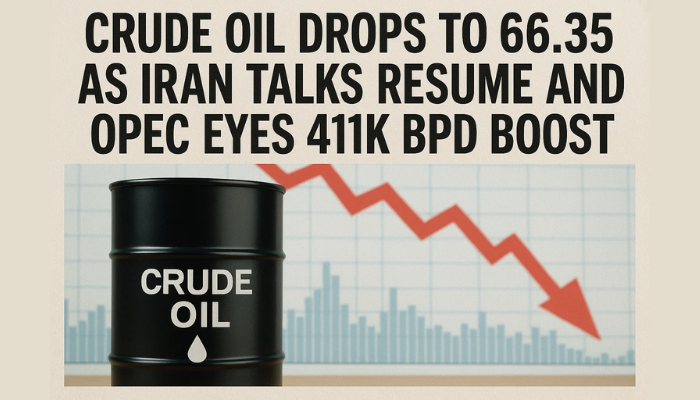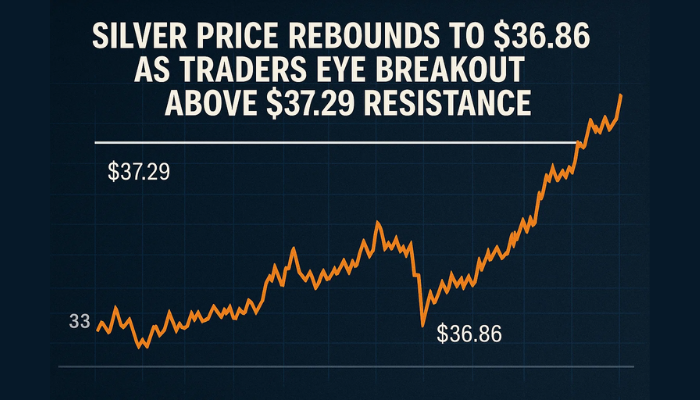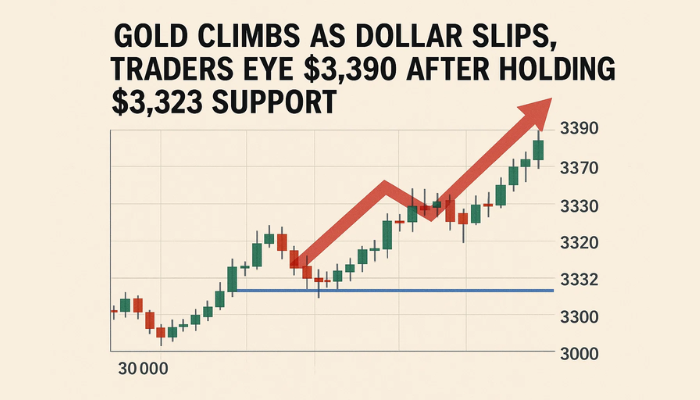A Decade of Low Interest Rates – Are You Borrowing Too Much?
Following our last market update where we saw the impact of the last interest rate cut from the BOE (Bank of England) on the number of new mortgages, we will take a look at the dangers low rates pose. There are many different ways low rates can cause huge damage to the economy, but we will look at it from the home buyers angle.
Do you remember the 2008 GFC (global financial crisis)? That was a massive blow to an entire generation; it´s been a decade since the crap hit the fan and the global economy is nowhere near where it used to be before the crisis. The economic growth is still very weak, to the point that it cannot be compared to pre-crisis levels. The GDP in many countries is lower than in 2007, prices are higher, and the real income is probably lower for many households.
But the biggest losers are home owners who have lost their homes because they couldn´t keep up with the monthly mortgage repayments. The housing bubble was the reason for all this and that bubble was formed by many years of low interest rates. People borrowed beyond their means when the rates were low, but when the interest rates picked up they couldn´t afford the monthly installments.
Let´s take an example. Supposedly, you took out a £300,000 mortgage for a house in London for a 20 year period. That´s how much a normal 2-3 bedroom house in London costs nowadays and that doesn´t include posh zones. For a 1.4% interest rate, you have to pay £384,000 in total for the next 240 months, which is £1,600/month.
Now, if the BOE hikes the interest rates to above 3% in the next few years, the real (loan, mortgage) rates would stand at around 4.5%. With a 4.5% mortgage rate you´d have to pay £570,000 in total, which means your monthly repayments would be around £2,400/month. You can afford to pay the mortgage installments in the first example and live decently if you have a normal job in London. But if the rates go to above 4% then your salary won´t be enough for the repayments and other everyday expenses after the tax, social security, and health insurance deductions.
So that's what happened a decade ago and the home owners defaulted. The banks took their homes (terrible) and sold them, but the home prices had already fallen since people couldn´t afford them due to higher rates. Obviously, these funds couldn´t cover the banks´ balance sheets and the crisis hit the bigger economy. Lehman Brothers collapsed and other big banks just made it through with lots of help from governments.
This was the path of the 2008 GFC, explained as simply as possible. The roots of all this laid with low interest rates. So, low rates brought a lot of hardship for the ordinary Joe. The poor guy lost his house, probably lost his job too when the financial crisis turned into a real economic crisis, his wife earned a lot less during the first 5-6 years after the crisis, and the future doesn´t look so bright either.
This is how human psychology works. We tend to get too comfortable when the rates are low. But we all know the interest rates won´t remain this low forever and, when that happens, the difficulties become imminent. That´s the reason the FED has been looking to hike the rates forever.
- Check out our free forex signals
- Follow the top economic events on FX Leaders economic calendar
- Trade better, discover more Forex Trading Strategies
- Open a FREE Trading Account


